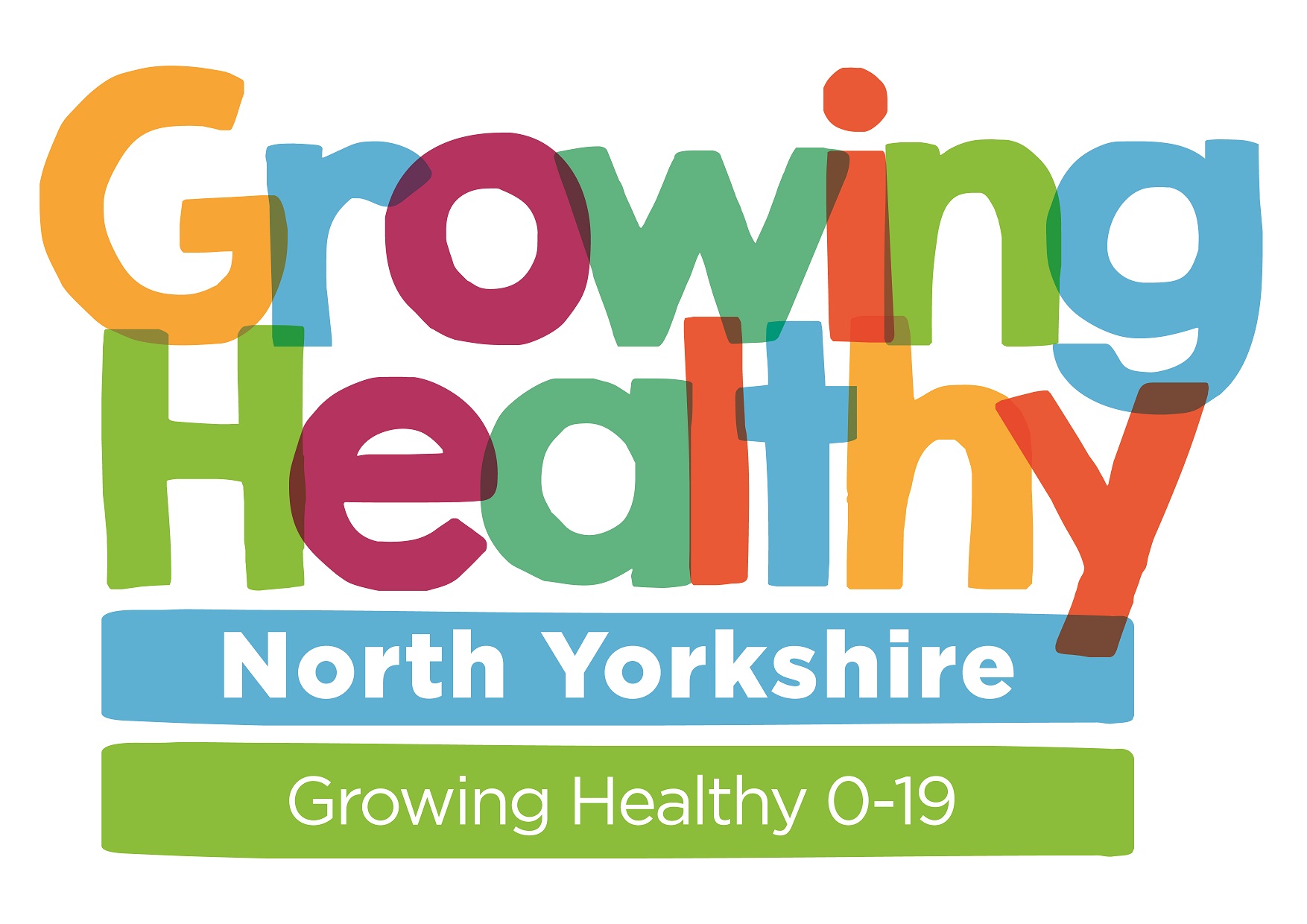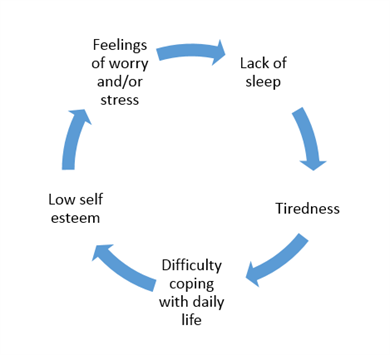It is quite common for adolescents to have problems with sleeplessness. Some young people find it difficult to sleep if they are worried, drinking too much tea, coffee, cola or energy drinks or if they are using illegal drugs. At times, during the teenage years, young people get into the habit of going to sleep very late and find that after a while they’re unable to get to sleep earlier. Sometimes difficulty sleeping is part of depression.
When you don’t get enough sleep at night you can find yourself feeling sleepy during the day time. This can have an impact on your school/college work and friendships due to lack of concentration and bad moods.
Not getting enough sleep regularly has even been linked to heart disease, diabetes and obesity in later life.
Poor sleep can also affect your mental health as it can become difficult to cope with everyday life.
For more support and information on this please visit MIND’s website.
or watch Johnny Benjamin’s ‘tips for when you can’t sleep’ here:
There are a number of reasons why we can develop poor sleeping patterns including some health conditions, but in most cases it’s due to bad sleeping habits.
It is often said that “teenagers are always sleeping”, however the opposite is often true and research suggests that the teenage brain is “programmed” to fall asleep later than that of an adult.
Sleep is affected by chemicals we produce – as it gets darker in the evening our bodies produce the sleep inducing hormone called melatonin. Modern life has interfered with this natural process with the screens of TV’s, mobile phones, tablets and other smart devices, mimicking daylight to our brains and therefore inhibiting melatonin production.
It is certainly true that reducing the use of screens in the run up to bed time has been shown to improve sleep.
For further tips on getting a better night’s sleep visit here.
or follow this online self-help programme:
If you would like to speak to someone about your sleep problems, please contact your local School Nurse for free, confidential information.


